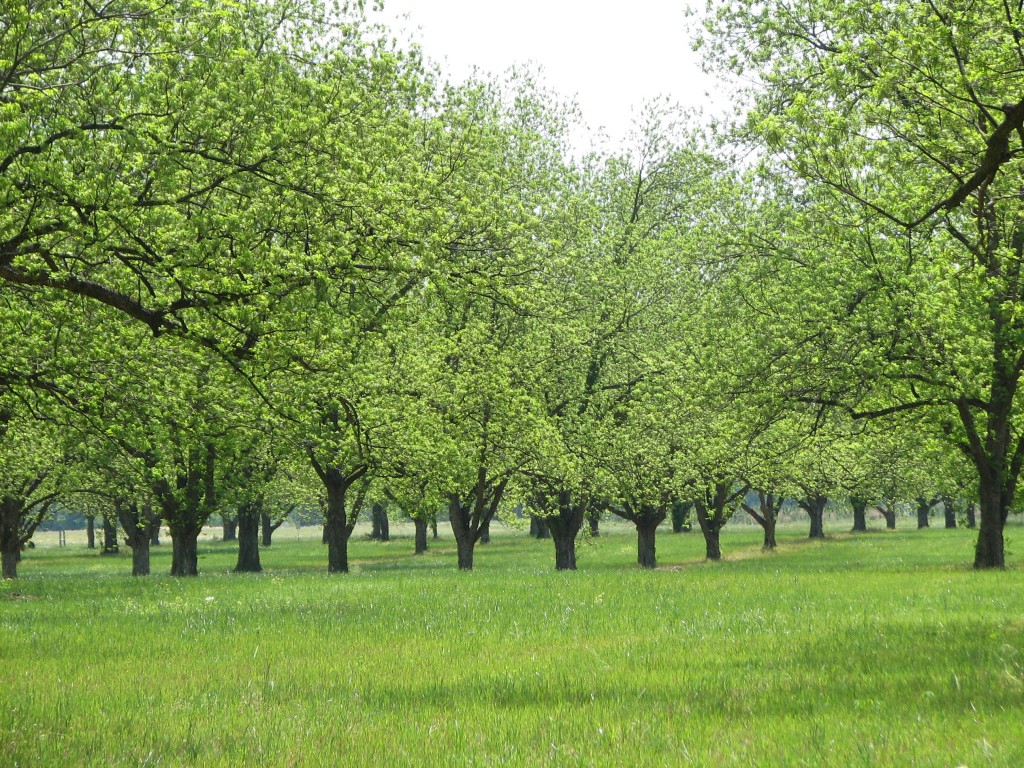caesweb
-
The recent wet, unseasonably warm weather has lots of insects on the move. Most of them don’t matter much to pecan growers, but fire ants can be a different story. That’s especially true if the ants build their mounds inside the guards used to protect young trees from herbicide applications. Filling the tubes with dirt…
Posted in: Insect Management -
Just a quick update here. If you have had problems with black pecan aphids (BPA) and/or anticipate having problems with them in certain blocks that are vulnerable to their infestation, spraying gibberellic acid (Pro Gibb 4%, ProGibb LV Plus) at this time of the season is an option. Gibberellic acid is a plant growth regulator…
Posted in: Insect Management -
There have been anecdotal reports in the past years that flatheaded borers have caused damage to young pecan trees/nursery trees. The injury are characterized by darkened and sunken areas on the outside of the trees (Fig. 1) caused by larval feeding. On young trees, this may cause girdling and even tree death. Larval appear pale…
Posted in: Insect Management -
It’s that time of the year again that these moth pests are out and about. Bud Moth. There have been calls regarding bud moth problems with young trees recently. Symptoms include rolled leaves and dead terminals (pictures below). To confirm infestation, check the rolled leaves and you would find a caterpillar inside. Bud moth adults…
Posted in: Insect Management -
This is our first insect update for this year. It is about that time when we need to be reminded about ambrosia beetles. Why should you be concerned about these beetles? These tree boring beetles (Figure 1) attack many trees in the southeast including pecans. Although trees can recover from attacks by these beetles, the…
Posted in: Insect Management -
It is that time of the year again when we expect pecan weevils to be present in the orchards. Peak emergence is expected to be between August 10 and September 20 in Georgia. Therefore, the last week of July would be the ideal time to start monitoring for these weevils by deploying pecan weevil traps…
Posted in: Uncategorized -
Dr. Will Hudson and I have been receiving reports of walnut caterpillar and fall webworm sightings in pecan orchards, particularly in young trees. These two caterpillar pests are both foliage feeders and they occur in groups, but the main difference is that walnut caterpillars do not make webs like the fall webworms. They both have…
Posted in: Insect Management
